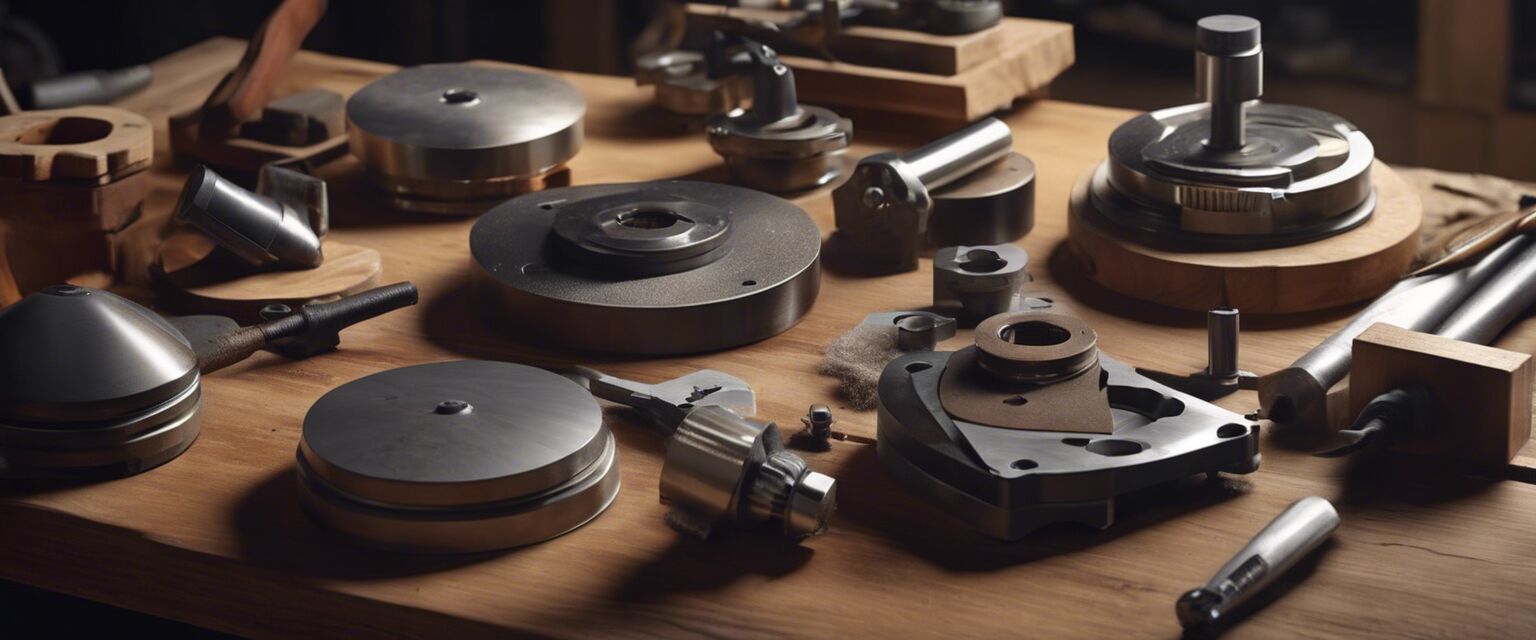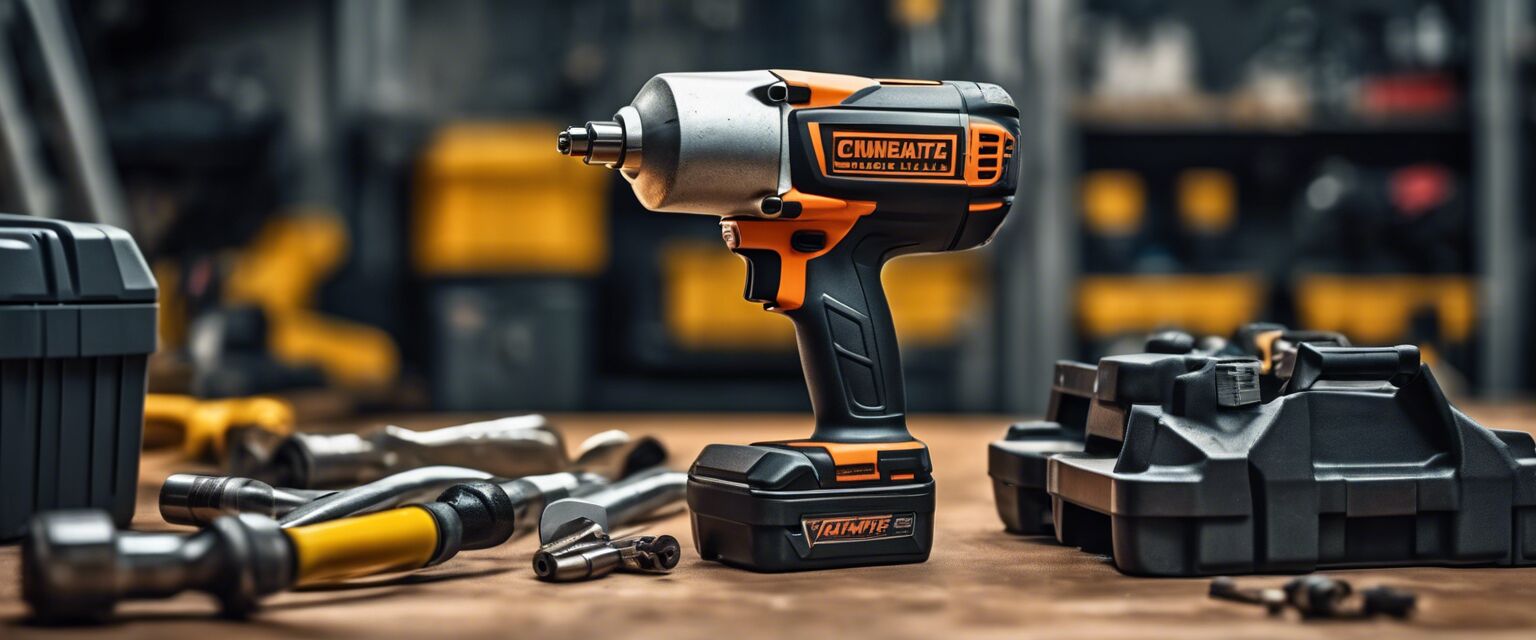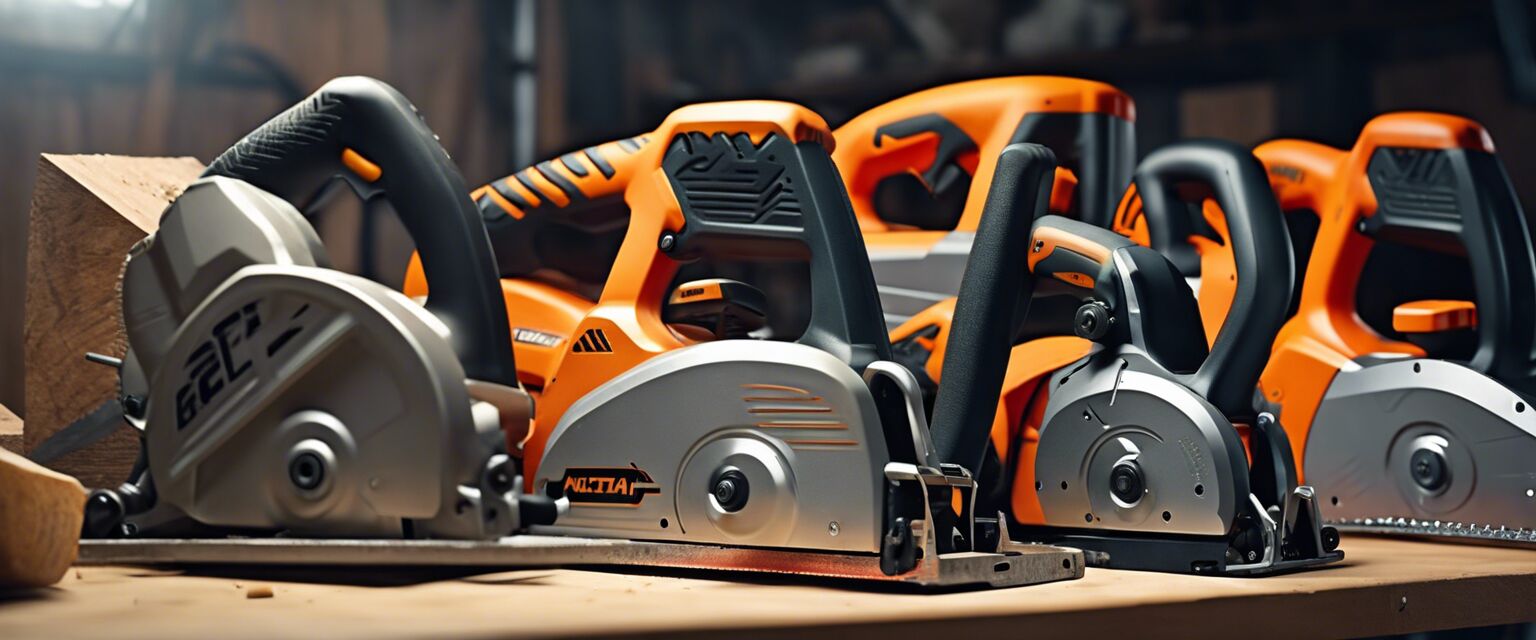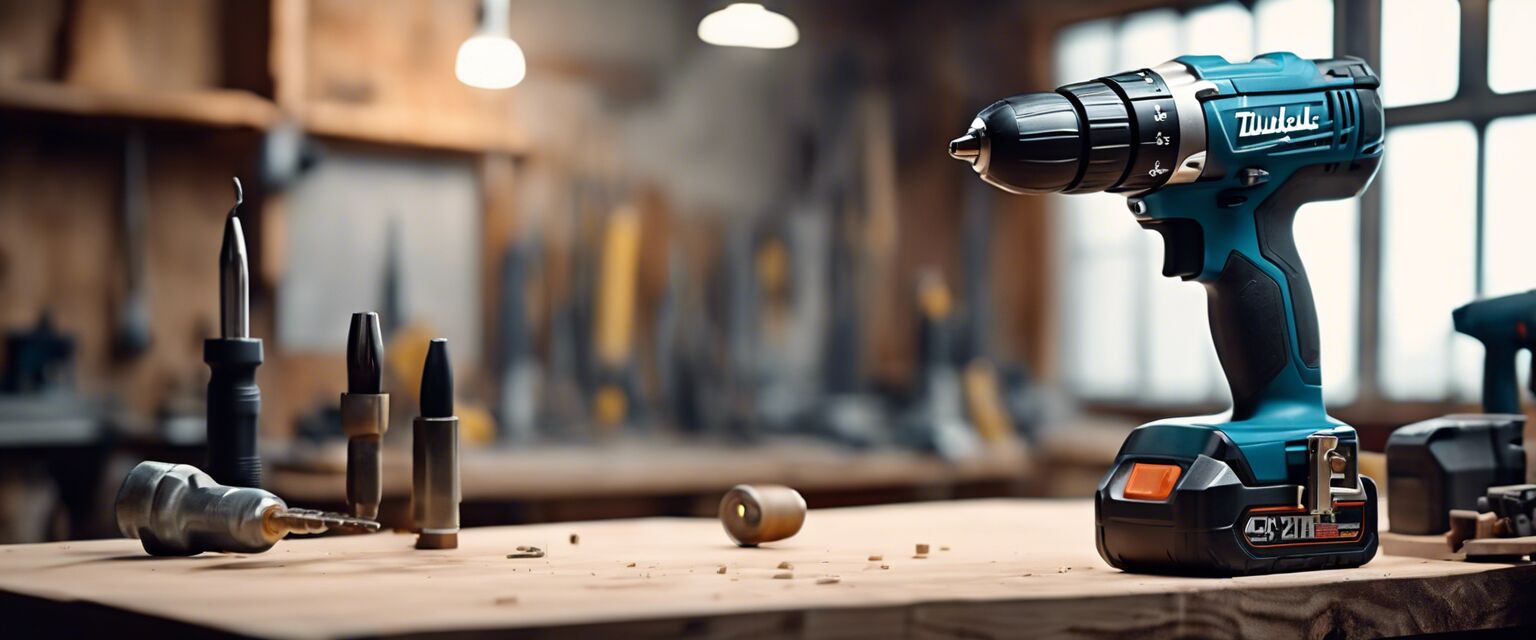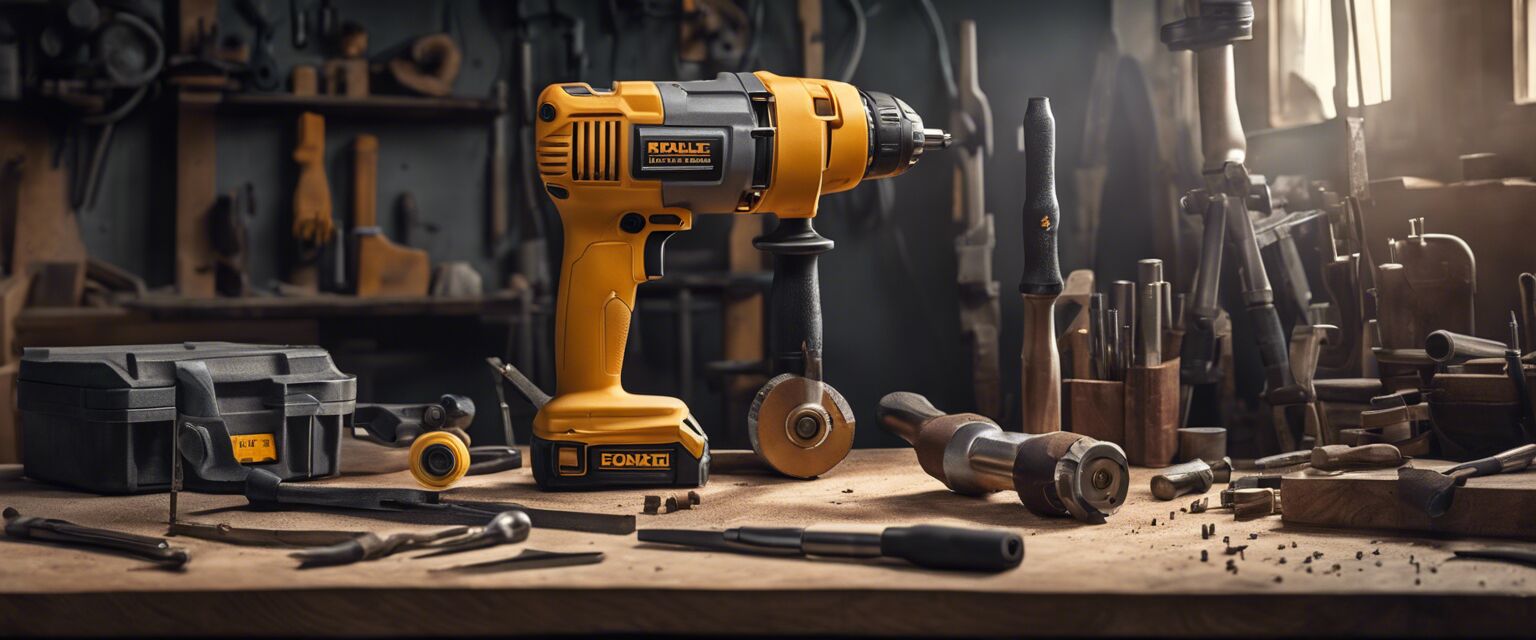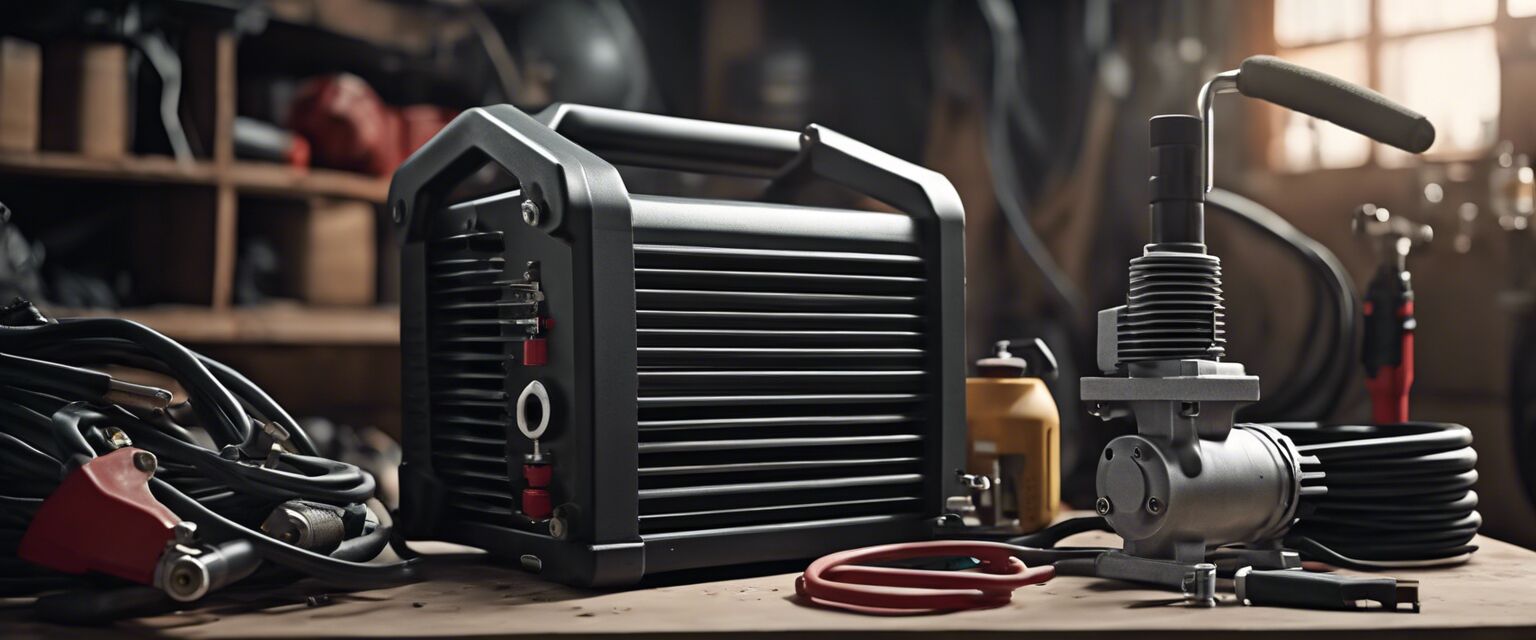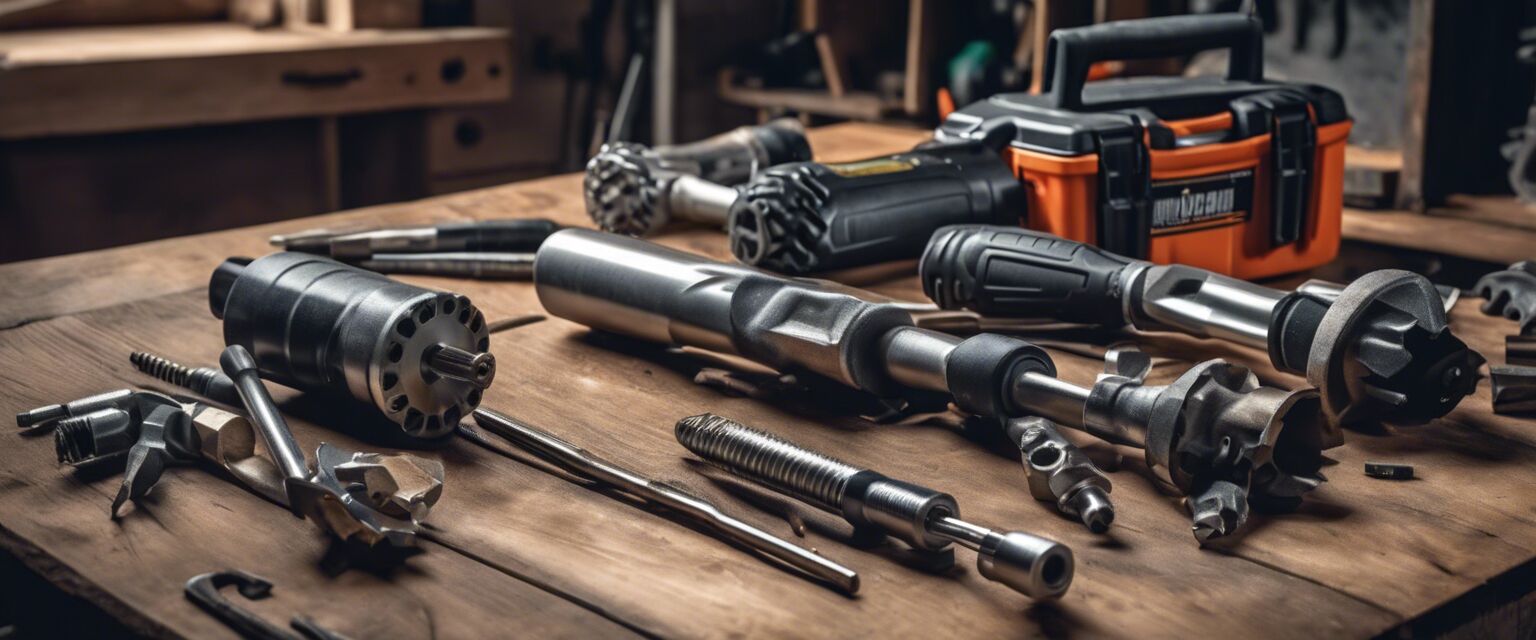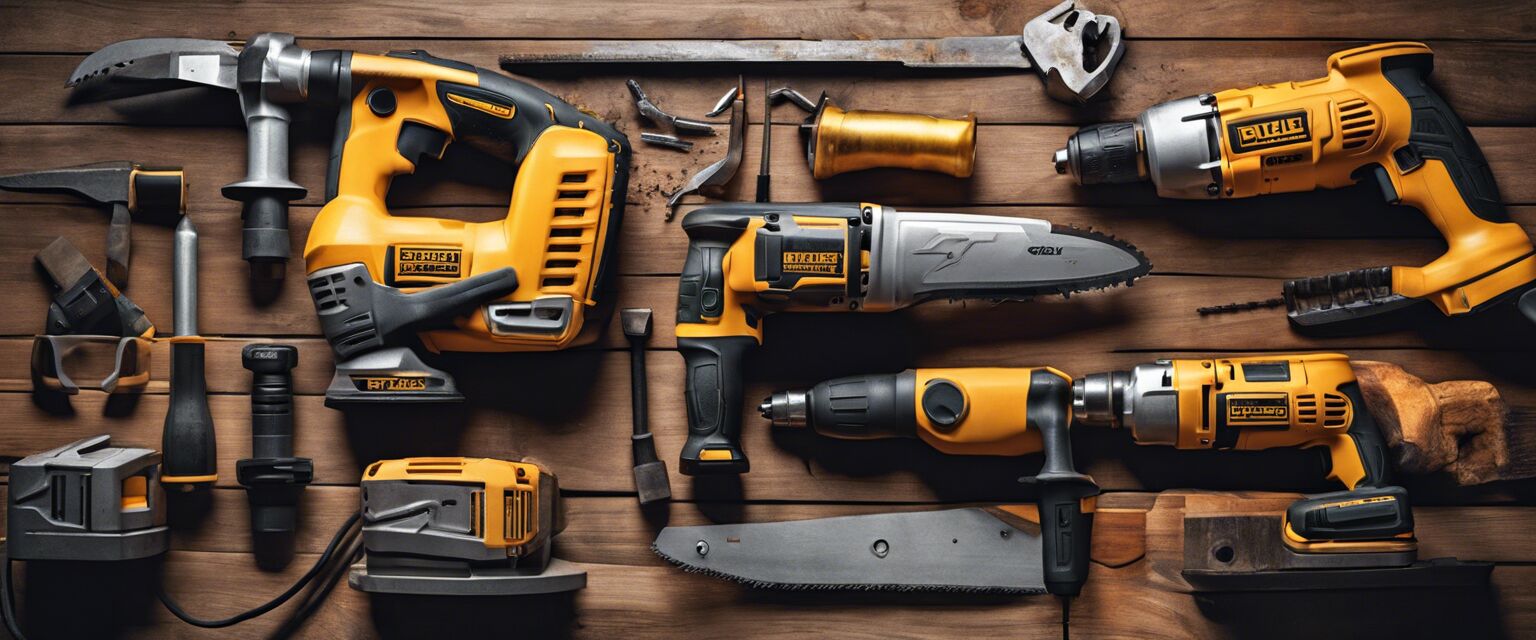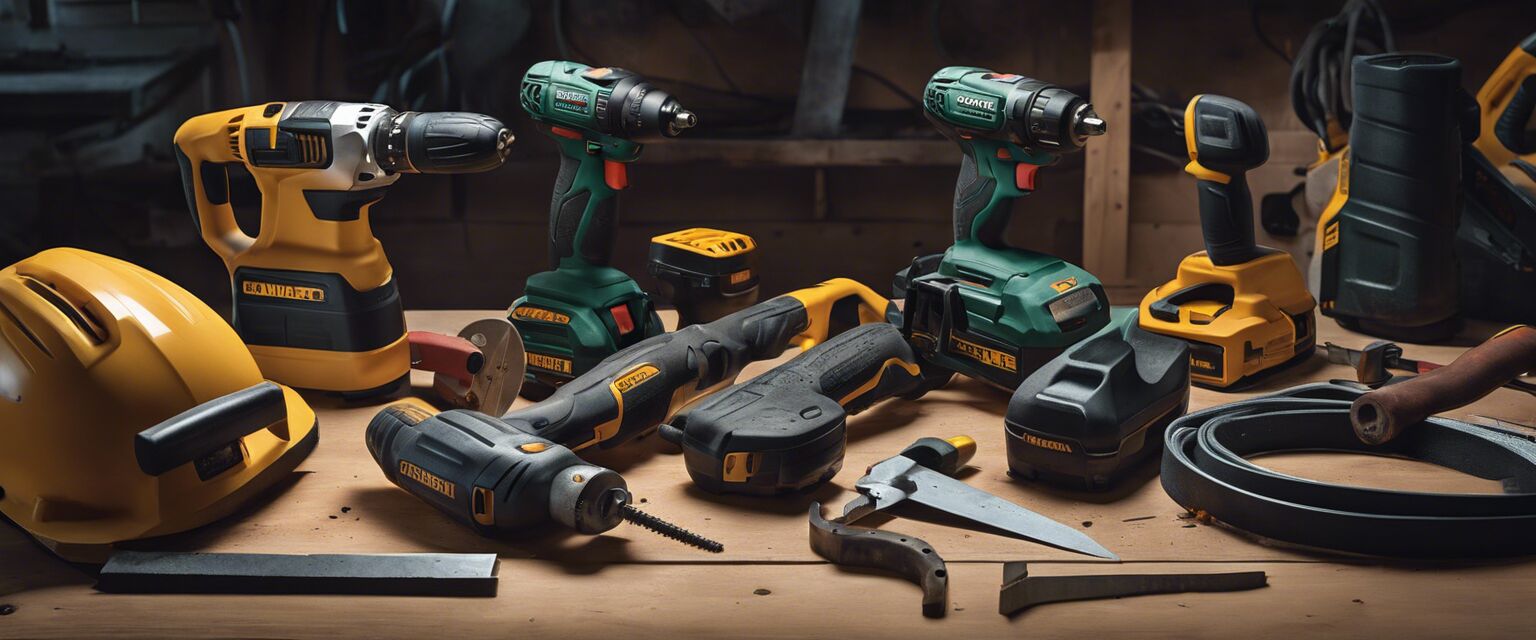
Specialty Power Tools
Key Takeaways
- Specialty power tools are designed for specific tasks, making them essential for certain projects.
- Understanding different types of specialty tools can increase efficiency and safety.
- Using the right tool for the job can lead to better quality work and finish.
- Regular maintenance of specialty tools will prolong their lifespan and effectiveness.
Specialty power tools are vital for homeowners, professional contractors, and DIY enthusiasts alike. They are designed to perform specific tasks that general tools may not handle efficiently. In this article, we dive into various types of specialty power tools and what makes them unique.
What Are Specialty Power Tools?
Specialty power tools are tools engineered to perform a particular function, often with features that cater to that function. These tools can significantly enhance productivity and precision in various projects.
Types of Specialty Power Tools
| Type | Description | Common Uses |
|---|---|---|
| Jigsaws | Versatile saw for intricate cuts in various materials. | Cutting curves and angles in wood, metal, or plastic. |
| Sanders | Tools designed for smoothing surfaces and removing material. | Finishing woodwork or refinishing furniture. |
| Plunge Routers | Tool for hollowing out an area in hard materials. | Creating decorative edges and patterns in wood. |
| Tile Cutters | Specialty tools for cutting tile with precision. | Use in flooring and wall installations. |
| Heat Guns | Devices that blow hot air for various heat applications. | Strip paint, shrink wrapping, or thaw pipes. |
Benefits of Using Specialty Power Tools
- Precision: They offer accuracy for specific tasks.
- Efficiency: Reduces project time compared to general tools.
- Quality: Results improve due to the specialized features.
- Safety: Can improve safety as users avoid using incorrect tools.
How to Choose the Right Specialty Power Tool
When selecting a specialty power tool, consider the following factors:
- Project Requirements: Identify the specific tasks you need to perform.
- Material Type: Ensure the tool is compatible with the materials used.
- Reviews and Recommendations: Check reviews on specialty power tools to find trusted brands.
- Budget: Assess your budget and choose tools that offer the best value for money.
Maintenance Tips for Specialty Power Tools
Beginner's Section: Essential Maintenance Tips
- Always keep your tools clean and free from debris.
- Store tools in a dry place to avoid rust and wear.
- Regularly check for damaged parts and replace them promptly.
- Lubricate moving parts as recommended by the manufacturer.
- Sharpen blades and bits to ensure efficiency.
Common Questions About Specialty Power Tools
1. Are specialty tools worth the investment?
Yes, if you frequently perform specific tasks, specialty tools can result in time savings and higher-quality work.
2. How do I know which size of specialty tool to purchase?
Your choice should be based on the size of the projects you typically handle. Check specifications and user reviews.
3. Where can I find specialty power tools?
You can find specialty tools in stores or check online for a wider selection. For more detailed options, visit our Specialty Power Tools page.
Conclusion
Specialty power tools are designed to serve specific functions, allowing those who use them to execute tasks more efficiently and effectively. With a variety of options available, understanding how to choose and maintain these tools is crucial for long-lasting performance. Every job has its right tool, and investing in the right specialty tools can make a big difference in achieving the desired results.
Pros
- Increased precision and quality of work.
- Time-saving on specific tasks.
- Designed to cater to the requirements of unique projects.
Cons
- Can be more expensive than general tools.
- May require specific knowledge or skill to use effectively.
